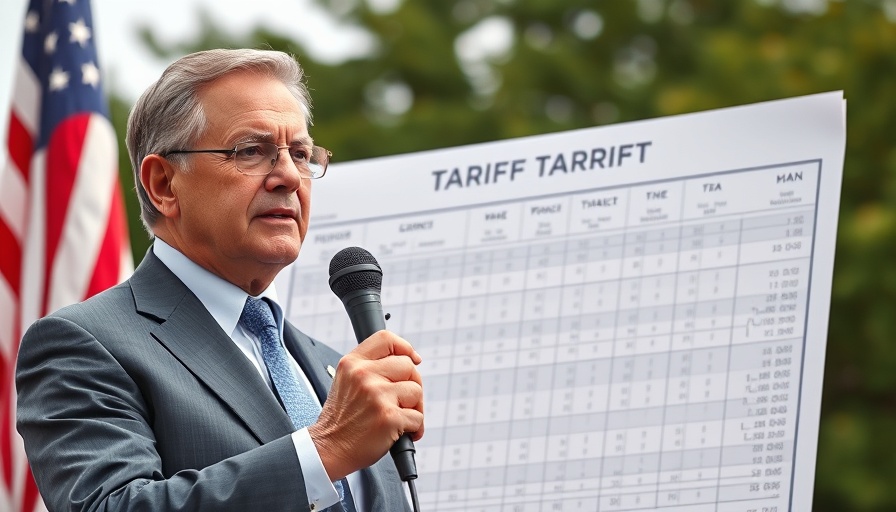
Michigan Court Dismisses Charges Against Fake Electors
A Michigan judge has dismissed criminal charges against 15 individuals accused of attempting to falsely certify President Donald Trump as the winner of the 2020 presidential election. This ruling marks a significant setback for prosecutors in a case that has faced numerous legal challenges since Michigan Attorney General Dana Nessel announced the charges more than two years ago.
The Charges Explained
The defendants, including notable members of the Republican Party, had faced multiple charges, including forgery and conspiracy to commit election forgery. Each was at risk of receiving a substantial prison sentence, with felony charges carrying a maximum penalty of 14 years. The investigation revealed that the group convened at the Michigan GOP headquarters in December 2020 and signed a fraudulent document that claimed they were the state’s duly elected electors, despite Joe Biden winning Michigan by nearly 155,000 votes.
Historical Context and Background
This ruling takes place against a backdrop of heightened scrutiny regarding election integrity in the United States, particularly in the wake of the 2020 election. As Trump supporters rallied around claims of widespread voter fraud, various individuals and groups devised plans, some involving fake slates of electors in key swing states. This strategy formed part of a broader narrative that saw legal challenges and accusations swirl in states like Georgia, Nevada, Arizona, and Wisconsin.
Future Implications for Election Law
The dismissal of this case raises critical questions regarding accountability for attempts to undermine the electoral process. With similar cases pending in other states, the decisions made in Michigan could set a precedent, potentially influencing the outcome of other ongoing trials related to alleged fake electors. Experts worry that without definitive consequences for these actions, the integrity of future elections could be jeopardized.
Comparative Legal Perspectives
States like Georgia and Wisconsin are continuing with their respective prosecutions against alleged electoral fraud, showing a varied approach to enforcement that could impact political dynamics nationally. For instance, prosecutors in Nevada recently revived a case against a group of fake electors, highlighting how differing state laws and judicial interpretations can lead to disparate outcomes in similar cases.
Community Reactions and Concerns
The dismissal has sparked mixed reactions among voters in Michigan. Some expressed relief, believing that pursuing such cases may distract from more pressing issues, while others condemned the ruling as a failure to uphold election integrity. The case's outcome illustrates the deep divisions within communities regarding transparency and accountability in the democratic process.
What This Means for the Future of Elections
As the legal battles continue, this case underscores the importance of public trust in the electoral process. Voter turnout and engagement may be affected by perceptions of election integrity, particularly in swing states. It is crucial for lawmakers and judicial figures to navigate these topics sensitively, ensuring that the rule of law is maintained while addressing the concerns of concerned citizens.
Call to Action
Moving forward, it is essential for communities to stay informed about these developments and engage in discussions about the electoral process. Advocating for transparent practices and supporting civic education can empower voters to strengthen their democratic systems. Understanding these complex legal issues highlights the significance of informed voting and active participation in governance.
 Add Element
Add Element  Add Row
Add Row 



Write A Comment